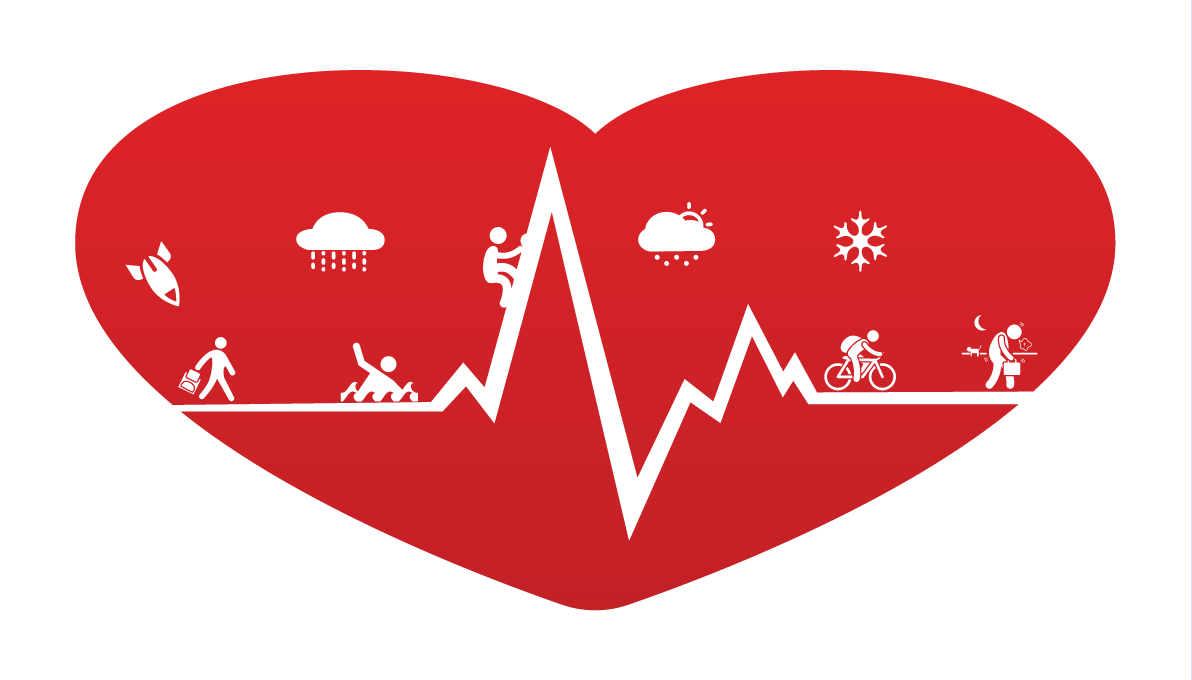Health and health care needs among Syrian refugees
In the CHART study (Changing Health and health care needs Along the Syrian Refugees’ Trajectories to Norway), we study health, health care needs and quality of life among Syrian refugees during migration and the first year after arrival to Norway. In addition, we evaluate the effect of two group-based treatment interventions for psychological trauma and long-lasting pain among refugees. The results from the study will contribute to enhance the evidence base necessary to plan targeted and effective health care services to a vulnerable group.

Main content
Visit Norwegian version.
Video about the CHART project in English
Video about the CHART project in Norwegian
Video about the CHART project in Arabic
Health related challenges facing Syrian refugees under flight and after arrival to Norway have only scarcely been studied, and knowledge of whether health care needs are met is sparse. There are only few targeted therapeutic interventions described, and the treatment effect has rarely been investigated systematically through research. The lacking evidence base for health care services to newly arrived refugees forms the backdrop for this study.
The study has three parts:
- In the first part we examine the burden of somatic and mental ill health as well as risk factors for disease among refugees.
- In the second part we examine self-rated health, quality of life and the experience of access to health care services.
- In the third part we evaluate the effect of two different group-based treatment interventions for psychological trauma and chronic pain.
CHART collaborates with the International Organization for Migration (IOM), National Competence Centre for Migration and Minority Health (NAKMI) as well as Bergen and Kristiansand municipalities. More than 500 resettlement refugees in Lebanon who are going to travel to Norway and over 300 refugees in Norway who have fled via various routes participate in the study. To evaluate changes in health and health care needs over time, the participants in Lebanon will be invited to a follow-up after approximately one year in Norway. The intervention part of the study will be conducted in Norway and aims to recruit 150 Syrian refugees with symptoms related to either psychological trauma or chronic pain.
The CHART study will contribute to shed light on the health panorama as well as the access to health care services among Syrian refugees at various stages through migration. Additionally, the study will provide valuable insight about the management of refugees with a trauma history or chronic pain after resettlement. We hope to be able to contribute to a better foundation of evidence for development of high quality, equitable health care services – that also benefits newly arrived refugees.
